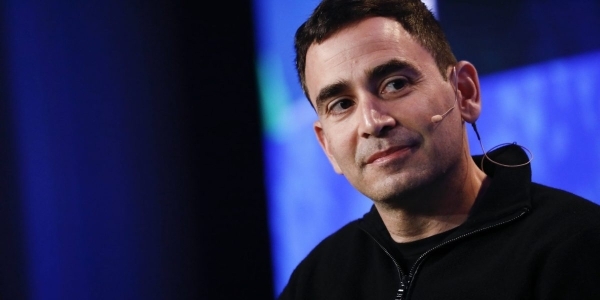![]()
ChatGPT has taken the world by storm. The artificial intelligence chatbot from OpenAI has captured imaginations around the world and drawn hefty investments from Microsoft, which said this month it plans to sink billions into the venture and incorporate its technology into a wide range of its products.
But OpenAI’s rapid ascent—it launched in late 2015 and shared ChatGPT with the public two months ago—will no doubt leave some entrepreneurs wondering if they’re doing something wrong with their own less-noticed ventures.
Elad Gil, a widely respected Silicon Valley angel investor—he made early bets on Airbnb, Instacart, and Square—believes “the fact that ChatGPT is down all the time right now is a great sign of product-market fit. It’s because too many people are using it. That’s a great problem to have.”
Gil made the comments on an episode of the Logan Bartlett Show podcast Friday. The alum of Google and Twitter noted the “problem” OpenAI faces after Bartlett, a software investor at VC firm Redpoint, asked about his thinking on product-market fit when considering investments.
One sign he looks for is positive testimonials from customers and users, he said: “It just really comes out in terms of the enthusiasm that small initial cohort has for the product.”
But also, he added, “If a product is broken all the time but everybody keeps using it, there’s clearly product-market fit,” noting he witnessed that in Twitter’s early days and sees it now with ChatGPT.
On the flip side, he said, many ideas will simply not take off, no matter how much time an entrepreneur sinks into them. He said the lore in Silicon Valley that “you should grind eternally and then eventually something will work” is wrong, noting people have wasted years of their lives because of such “bad advice.”
“People end up spending years and years and years of life just grinding away on something that isn’t going to work, because maybe it will work if I do these three more tweaks, and maybe it will work this month if I keep going,” he said. “For a very small number of cases that happens, but for the majority it works immediately, or near immediately.”
While it’s true entrepreneurs might need to power through tough times during a recession, he added, “When times are good, the worst advice you can give somebody is keep going no matter what.”
“There’s enormous opportunity cost on your time, and most things don’t work,” Gil said. “Most of the time, you should actually figure out when do you give up and when should you actually quit. It’s really hard to know.”
Meanwhile, when an idea works, it tends to work very quickly, something he’s seen repeatedly with companies he’s worked at and invested in over the years—and now sees with OpenAI and ChatGPT.
“The reality is that most of the companies, not all, but the vast majority of companies I’ve been involved with that worked, ended up working pretty early. And once they started working, they just kept working.”
He’s also watched as others have made the same realization.
“One thing I’ve noticed is that people who have worked on things without product-market fit—that they thought had product-market fit—when they finally go and work on something that truly is working, they realize the immense difference and the degree to which they were fooling themselves.”
In the first case, “you’re chasing everybody and every sale is gruesome and everything is a grind,” he said, but with the latter, it’s a case of, “‘Hey, people keep calling me.’ And so it’s this transition, and until that happens you don’t realize what that really feels like.”






